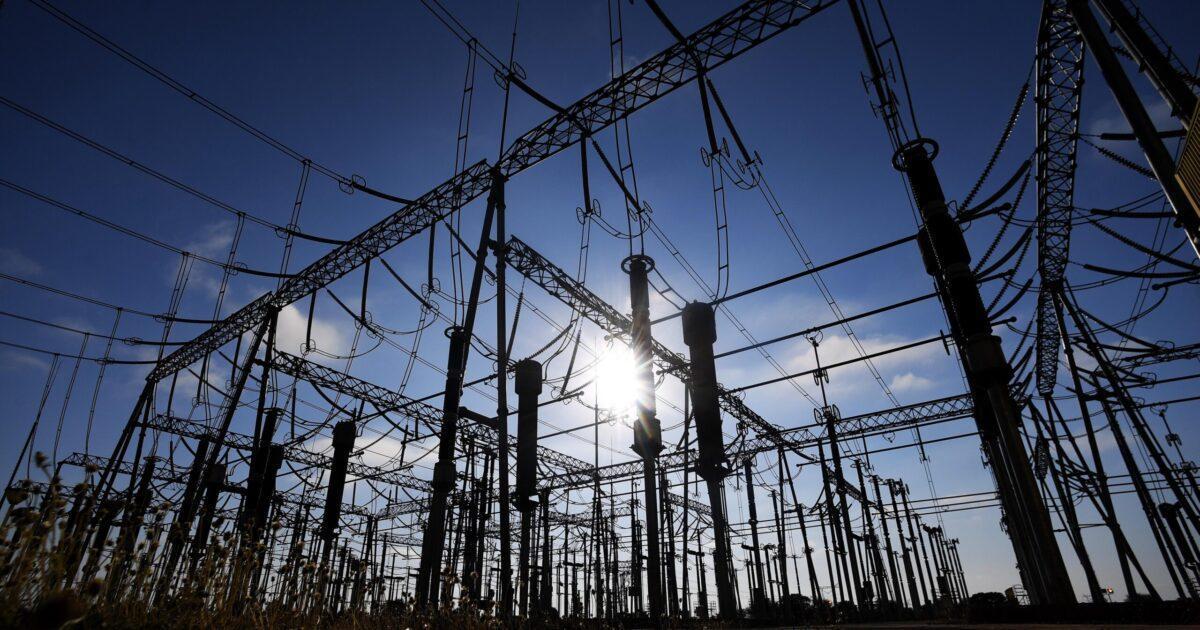Africa-Press – Botswana. Official figures show that Botswana imported 356,682 MWH of electricity during Q4 2024, marking a 31.2 percent decline (161,987 MWH) from the same period in 2023 when imports stood at 518,669 MWH.
Botswana significantly reduced its reliance on imported electricity during the final quarter of 2024.
This is revealed in a new report by Statistics Botswana titled Electricity Generation and Distribution Stats Brief, Fourth Quarter 2024.
According to the report, Botswana imported 356,682 megawatt-hours (MWH) of electricity during the quarter, marking a 31.2 percent decline (161,987 MWH) from the same period in 2023 when imports stood at 518,669 MWH.
However, compared to the third quarter of 2024, imports rose by 51.1 percent (120,606 MWH), up from 236,075 MWH.
Downward trend
“Notwithstanding the fluctuations, the downward trend indicates that the country’s continued effort to generate adequate electricity to meet domestic demand has, on average, led to a declining reliance on electricity imports,” it states.
South Africa’s power utility, Eskom, remained Botswana’s largest electricity supplier, contributing 70.6 percent (251,689 MWH) of the total imports. Zambia’s ZESCO followed with 19.3 percent (68,868 MWH).
The remaining imports came from cross-border electricity markets – mainly supplying towns and villages near borders with Namibia and Zambia, accounting for 7.7 percent (27,432 MWH), and the Southern African Power Pool (SAPP) at 2.4 percent (8,693 MWH).
Domestic generation
Meanwhile, Botswana’s journey towards electricity self-sufficiency began in 1985 with the commissioning of a coal-fired thermal power station at Morupule, operating at a modest capacity of 132 MWH.
Prior to that, the country relied heavily on electricity imports from Eskom. But in 2008, South Africa’s electricity demand began to outstrip its supply, prompting the government there to restrict power exports.
The move had widespread repercussions across the Southern African region.
Morupule B
“To avert the situation, the Botswana Government opted for alternative ways of sourcing electricity for the country, hence the plan to increase local generation of electricity at Morupule Power Station,” the report notes.
Botswana expanded its domestic capacity with construction of Morupule B, which added 600 MWH to the grid, according to the Botswana Power Corporation’s 2010 Annual Report.
For More News And Analysis About Botswana Follow Africa-Press






